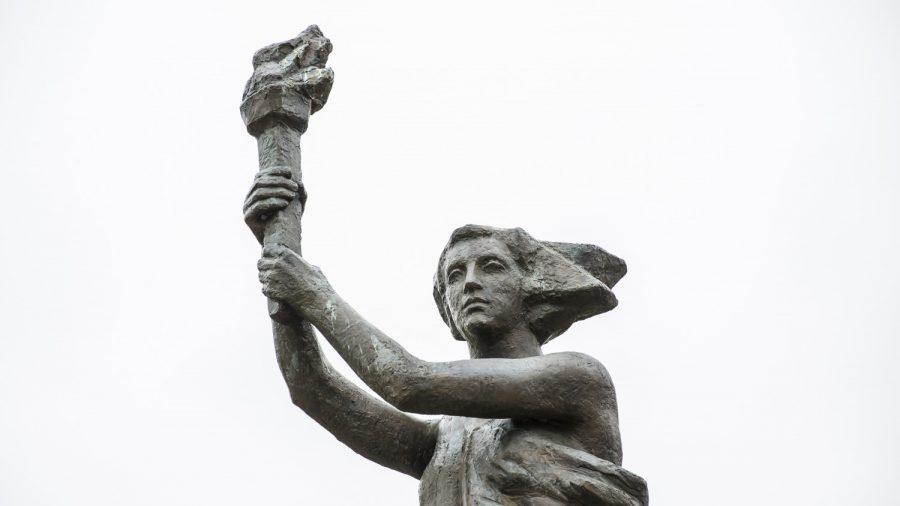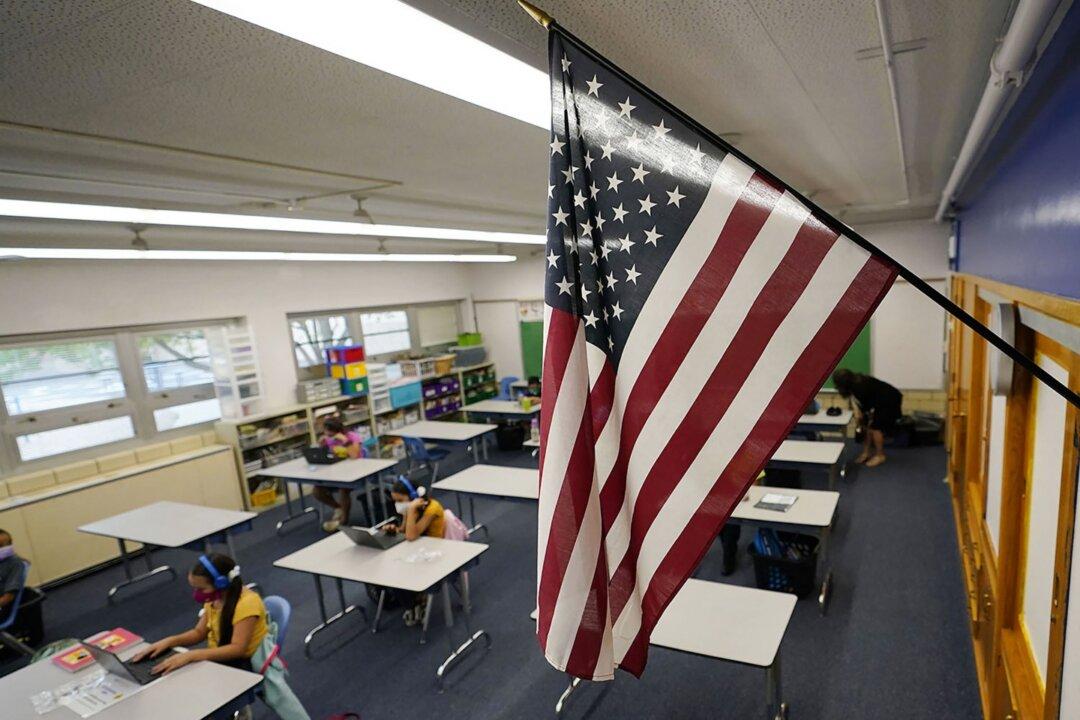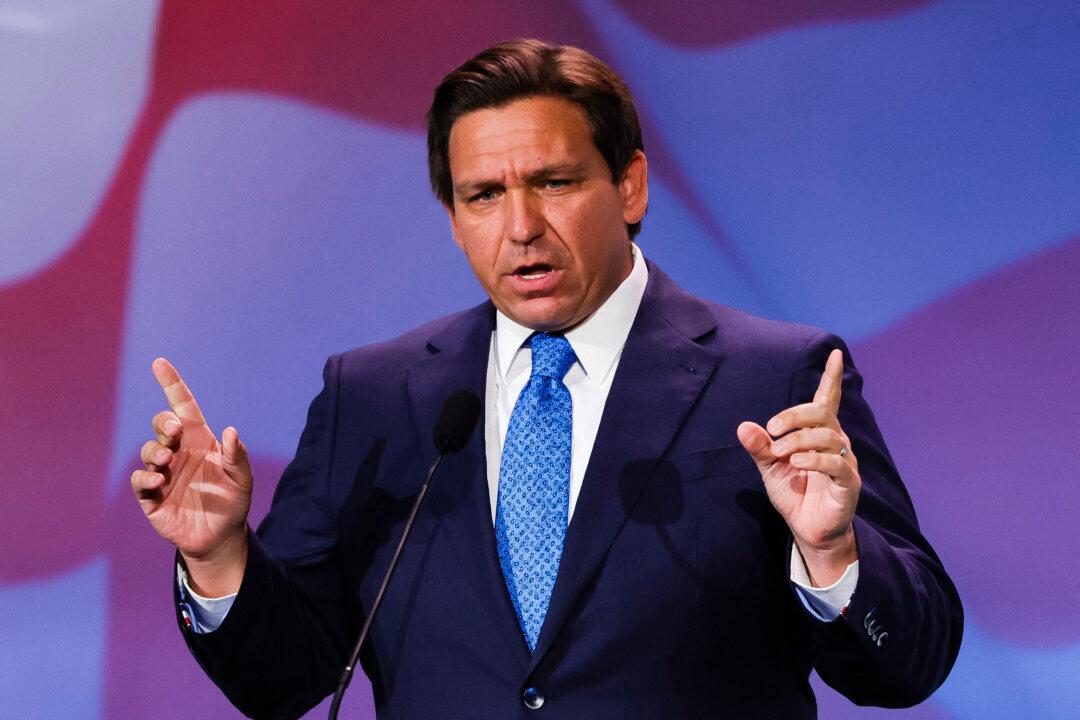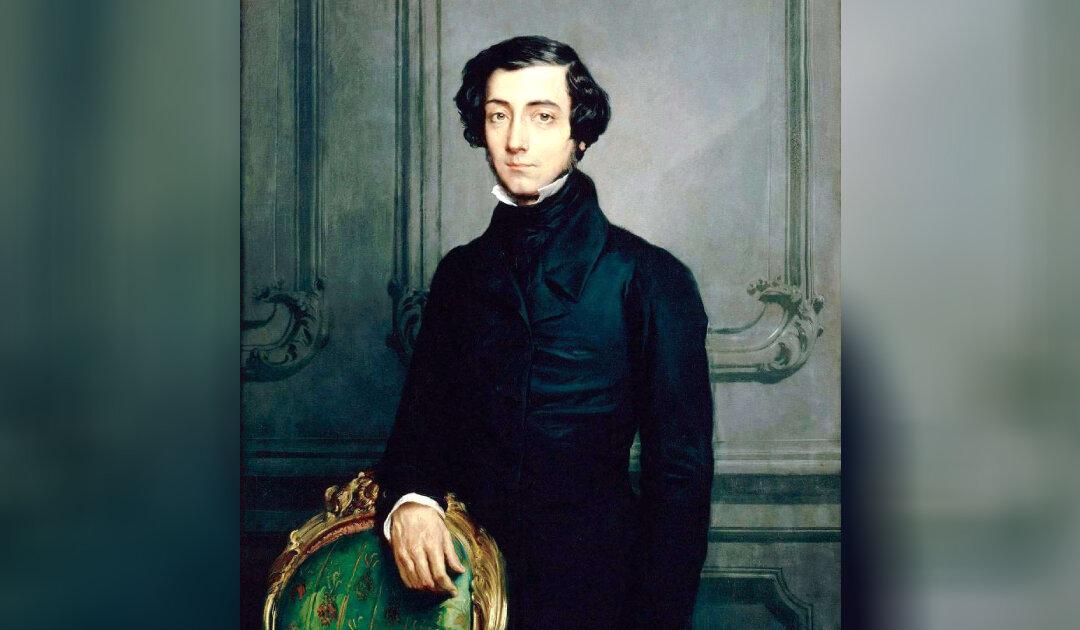Commentary
Many Americans today assume that the threat of Communism subsided with the fall of the Berlin Wall in 1989. But “We continue to see Communist and socialist regimes pop up and spread not only in Latin America—for example, in Venezuela and Nicaragua—but around the world,” says Ambassador Andrew Bremberg, president and CEO of the Victims of Communism Memorial Foundation (VOC). “These regimes regularly kill their own citizens and have a devastating effect on human rights and their national economies.” In fact, over 1.5 billion people—including those living in Laos, North Korea, Vietnam, Cuba, and, of course, China—currently live under oppressive Communist and socialist governments.





